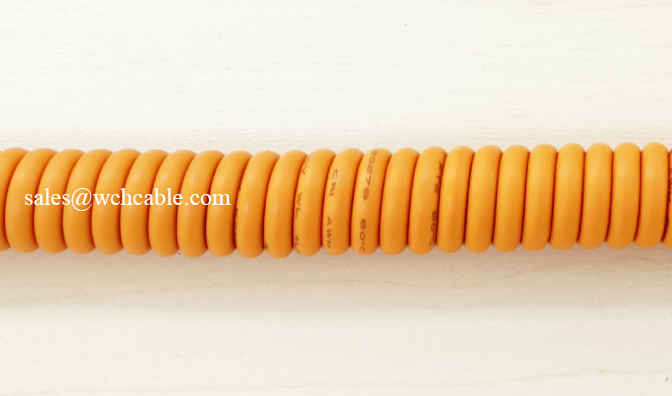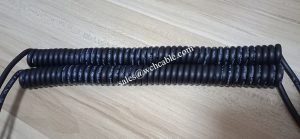TPU cable, also known as thermoplastic polyurethane cable, is a versatile type of cable that can be used in various applications. Here are some common areas where TPU cables find their use:
Electronics and Electrical Industry
TPU cables are widely used in the electronics and electrical industry for connecting different components and devices. They provide excellent flexibility, durability, and resistance to abrasion, making them suitable for applications such as power transmission, data transfer, and signal control.
Automotive Sector
TPU cables are extensively utilized in the automotive sector due to their ability to withstand harsh environmental conditions like extreme temperatures, oil exposure, and mechanical stress. They are commonly employed in wiring harnesses for vehicles’ electrical systems.
Industrial Automation
TPU cables play a crucial role in industrial automation processes by providing reliable connectivity between machines or equipment. Their high flexibility allows easy installation even in tight spaces or moving parts of machinery.
Robotics
TPU cables offer exceptional performance characteristics required for robotic applications such as continuous flexing capability, resistance to chemicals/oils/greases present in manufacturing environments, and protection against mechanical stresses during robot movements.
Medical Equipment
The medical field often utilizes TPU cables due to their biocompatibility properties along with resistance to sterilization methods like autoclaving or chemical disinfection. These cables can be found in medical devices like patient monitoring systems or surgical instruments.
Outdoor Applications
Thanks to their UV resistance and weatherproof qualities, TPU cables are suitable for outdoor installations such as solar panels connections or outdoor lighting systems where they need to endure exposure to sunlight or harsh weather conditions.
Sports Equipment
Some sports equipment manufacturers incorporate TPU cables into products like headphones/earphones (for audio transmission) or wearable fitness trackers (for data communication). The flexibility of these cables ensures comfort during physical activities while maintaining reliable connectivity.





